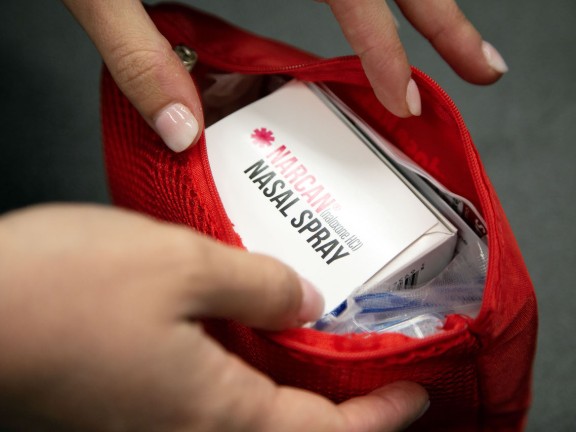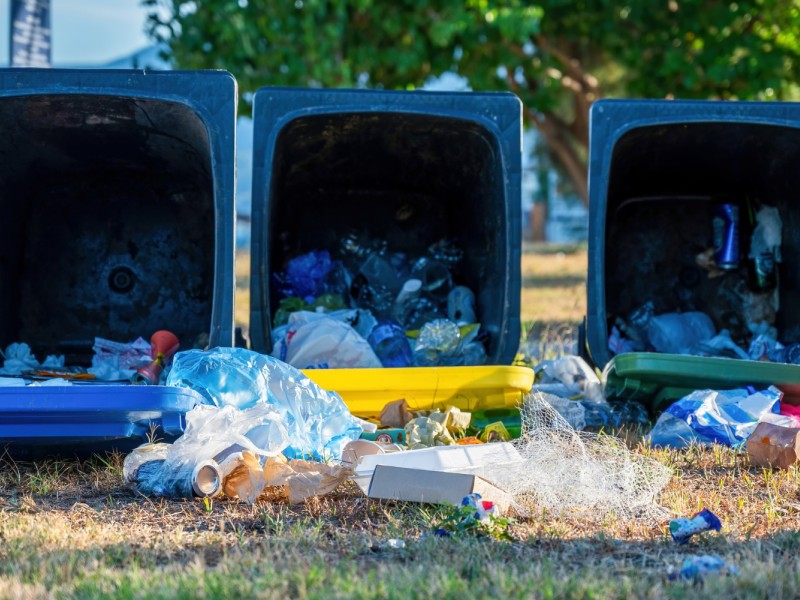From Choice to Control: Philadelphia's shift from Harm Reduction

From Choice to Control: Philadelphia’s shift from a Harm Reduction approach to “a Carrot-and-Stick” approach to address the Opioid Epidemic in Kensington
Prior to Mayor Parker’s administration taking office, challenges with addiction in the Kensington section of Philadelphia have been addressed using a harm reduction approach. Choice, safety, self-autonomy, and self-determination are the goals of harm reduction. This allows individuals to have a say in their own lives, no matter what that life may look like.
As a Certified Peer Specialist, I fully support harm reduction models. The role of a peer specialist is incredibly unique. We are individuals who have been successful in our own recovery journey with mental health challenges and/or substance use. Because of this, peer specialists are equipped to support and assist other people experiencing similar situations.
Despite the successful use of harm reduction models to address the opioid crisis in Philadelphia, the challenges in Kensington continue to grow. That’s understandably frustrating to those who live in and around the neighborhood. We, too, want to see progress faster than it’s currently happening.
During her inauguration, Mayor Parker spoke about her plans for her first 100 days in office. One of her main goals is to permanently shut down open-air drug markets in Philadelphia. To help get the city closer to her goal, Mayor Parker, along with Police Commissioner Kevin Bethel, named Pedro Rosarios as the new Deputy Police Commissioner. In that role, Rosario will lead the police department’s overall safety plan in the Kensington section of the city.
Philadelphia City Council has also offered to support the Kensington community by forming the “Kensington Caucus”. The caucus consists of Councilmembers Quetcy Lozada, Mike Driscoll, Jim Harrity, and Mark Squilla, who all reside in Kensington. Their goal for the caucus is to improve the quality of life for residents and to address the challenges in Kensington. A huge piece of this plan involves addressing addiction and homelessness.
The Parker administration has talked about shifting towards a carrot-and-stick approach to Kensington, which means both drug users and drug sellers will be offered opportunities for treatment before launching a criminal crackdown. Proposed triage centers would be used to assess and engage these individuals, ultimately offering the somewhat forced “choice” of treatment or jail.
The new administration also seems to be moving away from harm reduction as the basis of addressing the opioid crisis. Philadelphia has historically provided financial support for a crucial harm reduction modality, Syringe Service Programs (SSPs). The city is set to receive $180 million over the next 18 years from legal settlements with opioid manufacturers. Mayor Parker has vowed not to use any of those funds to support SSPs that assist those most affected by the crisis. Choosing not to fund SSPs is the administration’s first big step away from harm reduction. Mayor Parker says that her administration is focused on providing long-term care, treatment, and housing to people with addiction and will not use city funds for purchasing syringes or other items that “enable” drug use.
According to the Centers for Disease Control and Prevention (CDC), SSPs are effective community-based programs focused on the prevention of overdose, as well as reducing the transmission of viral diseases like HIV/AIDS and Hepatitis C. A 2019 study found that Prevention Point Philadelphia had prevented more than 10,000 HIV cases in a 10-year span. The purpose of SSPs is not only to dispose of used syringes and provide clean supplies. They also offer a wide range of services to individuals who use substances including vaccinations, testing, infectious disease care, and access to sterile injection supplies. SSPs will also often have resources to link individuals to substance use treatment like MOUD (medications for opioid use disorder) and other social services.
Providing sterile syringes and overdose prevention kits are just two forms of harm reduction. The purpose of harm reduction is to prevent drug-related deaths and to increase access to healthcare, social services, and substance use treatment for individuals who use substances. According to the National Harm Reduction Coalition, one of the main principles of harm reduction is to accept, for better or for worse, that licit and illicit drug use is part of our world and choose to work to minimize its harmful effects rather than ignore or condemn them.
Not everyone agrees with Mayor Parker’s approach to ending the open-air-drug market in Kensington. Her approach, which relies heavily on police enforcement and lacks compassion, is not universally supported in the city. On January 11, 2024, NBC 10 published an article regarding the Mayor’s plan for Kensington with an interview with Rosalind Pichardo. She is the founder of Operation Save Our City, a group that works with individuals who are addicted to drugs in the Kensington area. Rosalind says that she supports efforts to address the issues in the area, but wants the increased focus on the treatment of the root causes of addiction. When asked about more police enforcement, she said, “I don’t think that is the solution either.”
In the last few weeks, it was made public that a non-profit organization called Savage Sisters is being forced to leave Kensington. Savage Sisters Recovery provides harm reduction resources to residents, as well as public health services, running water, clean clothing, and wound care for people who are struggling with addiction. It is our understanding that the new administration pressured Savage Sisters’ landlord not to renew their lease, forcing them out. The group is currently operating via community-based, mobile units. During an interview with CBS News, Sarah Laurel (executive director of Savage Sisters Recovery) said, “they are pushing the harm reduction out and they are going full law enforcement, and we will feel the effects of this."
As a Certified Peer Specialist with my own experiences around harm reduction, I hope that Mayor Parker, her administration, and the newly established Kensington Caucus consider keeping harm reduction organizations and services in place. Being able to choose recovery is very different from being forced into recovery, and forced treatment just doesn’t work. Using a carrot-and-stick approach is essentially forcing people into treatment they could not be ready for or interested in. To me, this approach is going to set a lot of people up for failure. It will also criminalize, dehumanize, and stigmatize those who are already marginalized and pushed to the outskirts of our society.
In my opinion, an all-inclusive approach would make more sense. Let’s incorporate any and all strategies that will get us closer to the goal of a safer, cleaner, thriving Kensington. With the magnitude of this problem, isn’t an all-hands-on-deck approach the right one? If so, pulling funding from organizations that are working hard to save lives cannot be the answer. Let’s not exclude. Let’s include and work together for a better future.


